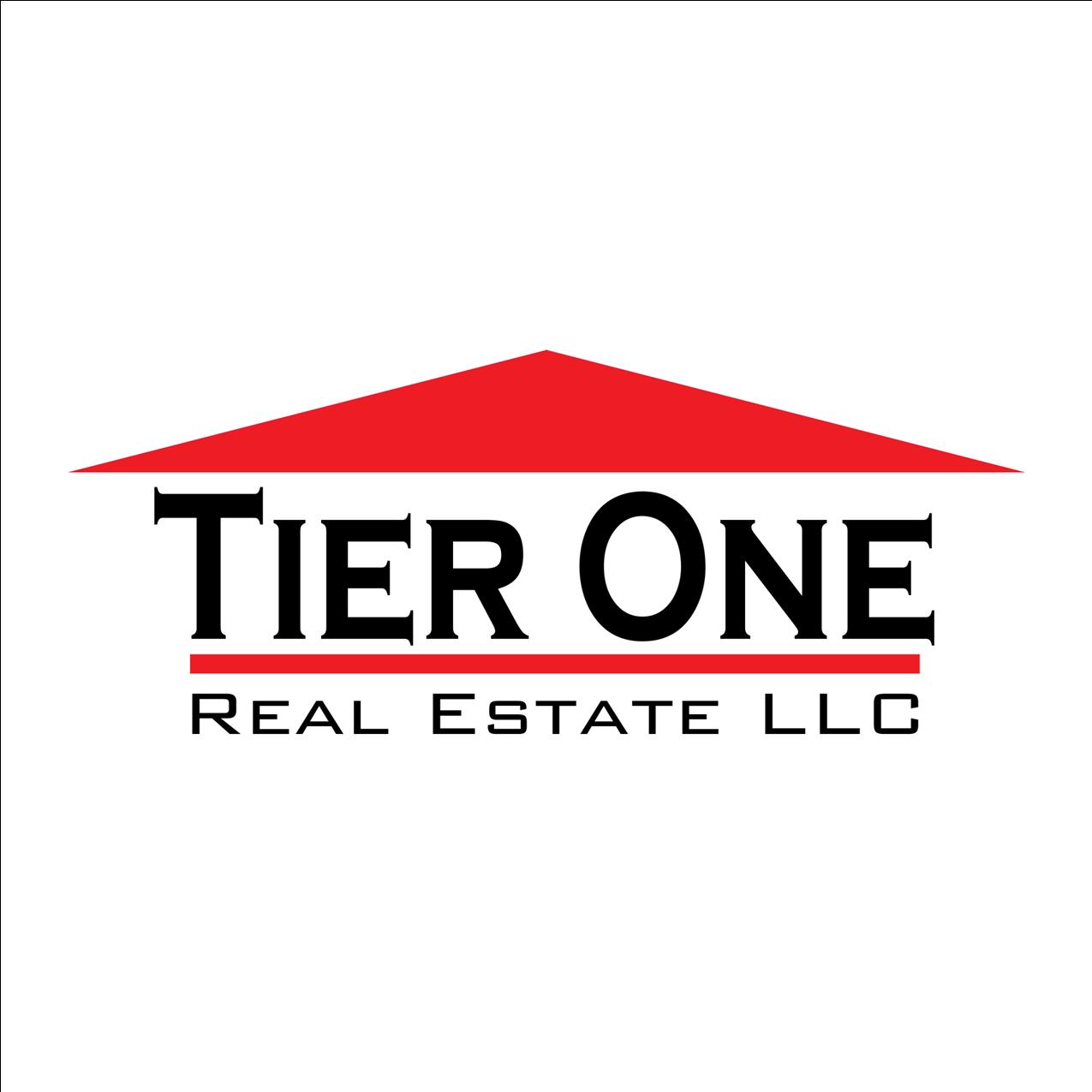Landlords have a lot on their plates, from meeting legal requirements to watching out for your tenants' safety. Moreover, you also have to understand the ins and outs of landlord responsibilities to protect your property and build good relationships with your tenants.
Fortunately, Salt Lake City is known for having rental laws that are quite friendly to landlords. The economy is strong, there are many jobs, crime is low, and the cost of living is cheap compared to other cities and states.
Even still, you might find Salt Lake City rental laws to be the biggest burden for you as a landlord. These laws define rules related to notice requirements, deposits, lease agreements, and the eviction process.
However, knowing and understanding basic Salt Lake City rental laws can help you figure out your rights and duties as a landlord, as well as your tenants’ rights.
In this article, we’ll talk about different aspects of landlord responsibilities, including your legal duties and safety standards to reduce risks in your rental business and to make sure that you are compliant with Utah’s Landlord-Tenant laws.
Salt Lake City Landlords’ Legal Responsibilities
Utah has rules about renting out homes, and you, as a Salt Lake City landlord, need to know them. Understanding and following these rules can help you build a strong basis for a legally compliant and successful rental property business.
Fair Housing Act
Similar to the other states in the US, Utah’s rental housing laws also follow the Fair Housing Act. So, as a landlord, you must not discriminate against anyone based on their color, disability, family status, gender and gender identity, nationality, race, religion, sexual orientation, and source of income when it comes to renting out your homes and how you treat your tenants.
Verification of Criminal Records
As a landlord, you have the right to conduct a tenant screening or criminal background check based on Salt Lake City rental laws. However, in doing this, you must have a clear process that everyone must follow to ensure fair treatment to all your tenants.
You should also have to take note that you are only allowed to ask about the applicant’s charges and not their arrest records, since innocent people might get arrested without convictions.
Written Lease Agreement
Utah state law requires a written agreement for terms that are longer than twelve months. However, to protect your rights and your tenants, we recommend that a written lease agreement should be made regardless of the rental term.
When writing your lease agreement, it is required to include the following details as per Salt Lake City rental laws:
Your name and location (Landlord’s information)
Repair conditions
Description and address of the property that you would be renting out
Rent payment conditions (Amount, due date, grace periods, late fees)
Landlord entry conditions
Security deposit amount and its return policy
Rental Application Fee
In Salt Lake City, applicants for your rental property have to pay fees to cover your expenses during the process. For example, you have to pay to run a tenant’s background check, get references, and buy a copy of their credit report. The charges are usually between $30-75, but Salt Lake City rental laws state that there is no limit on how much you can charge for each applicant.
Security Deposits
Salt Lake City rental laws do not set any maximum amount in terms of security deposits. However, as a landlord, you are required to return your tenant's security deposit 30 days after they move out from your rental property or within 15 days after you receive a forwarding address.
Eviction Process
If you want to better understand the Salt Lake City rental laws and not be in a jam if an eviction happens, you have to learn everything there is to know about the process. There are several reasons for you to evict a tenant in Salt Lake City such as non-payment of rental fees, violations against the lease agreement, if the rental period has ended but the tenant remains in the property without your permission, illegal activities in the rental property, and other nuisances.
With these various reasons come different types of eviction notices:
3-Day Notice. This usually happens when your tenant’s rent or other fees are past due. During this notice, you can give the tenant three days to pay the rent or leave your rental property.
5-Day Notice. You can give this eviction notice if there is no signed agreement or lease. This is also applicable if the lease agreement has ended and you don’t want to renew your tenant’s rental contract.
State-Specific Salt Lake City Rental Laws
As a landlord in Utah, there are a few things that you have to disclose to your tenants when they sign the lease agreement. This includes any lead-based paint on the property, a list of any pre-existing damages, and information about any authorized people in charge of managing and owning your rental property.
Plus, you are required by law to give a written copy of the lease agreement to your tenants.
Providing a Secure Rental Property to Your Tenants
As a landlord, it's your job to make sure that your tenants have a safe place to live.
Habitable Rental Property
You can say that your rental property is habitable if it has potable drinking water. The electricity, lighting, and heating systems must also meet the building codes. It also needs to be clean, free of pests, and have enough garbage containers. Your rental home must also have stairs, floors, and railings that are in good shape, as well as cold and hot water.
Pets
There are no Salt Lake City rental laws that say you can't have pets in your rental property, so as the landlord, it's up to you to decide whether you would like to allow pets or not.
Rules for Landlord Visits
Landlords may visit their rental property during normal business hours. For example, you can visit the property to do repairs or inspections between 8:00 AM to 5:00 PM on weekdays, and from 10:00 AM to 3:00 PM on weekends.
Rent and Payment Laws
There are also certain Salt Lake City rental laws about payment, rental fee raises, and lease termination that you must follow as a landlord.
Late Fees
The Salt Lake City rental laws state that if your tenant is late paying their rent, you can charge them late fees and there is no limit on the amount. However, you can also choose to give your renters a grace period. This means they don’t have to pay any late fees as long as they can pay their rent within the given grace period.
Lease Termination
Salt Lake City rental laws say that tenants can end their lease agreement if they want to. Moreover, they are only required to send you a 15-day notice if they are paying month-to-month. Other than that, they are not required to give any advanced notice.
Salt Lake City Rental Raise Laws
Unlike some other states and cities, Salt Lake City does not have any rent control laws limiting how much you can raise rent each year. You have a lot of freedom to raise rents to market levels when a lease ends, as long as you give a written notice. You just have to make sure that your tenants receive the notice at least 15 days before the next rent payment is due.
Fulfill Your Legal Rental Obligations Seamlessly with Property Management
Handling legal requirements efficiently and keeping up-to-date with the latest changes in Salt Lake City rental laws can be overwhelming for a landlord like you. Especially taking into account marketing, tenant screening, and maintenance of your rental property.
Let Tier One Real Estate LLC help you in carrying out your landlording tasks! We will assist you with everything from marketing your rental property business to the tenant’s eviction process.
Our property management team offers user portals for you and your tenants, allowing you to smoothly track your business while we do all the necessary work.
To know more about the services that we offer, please feel free to visit our Services page.



